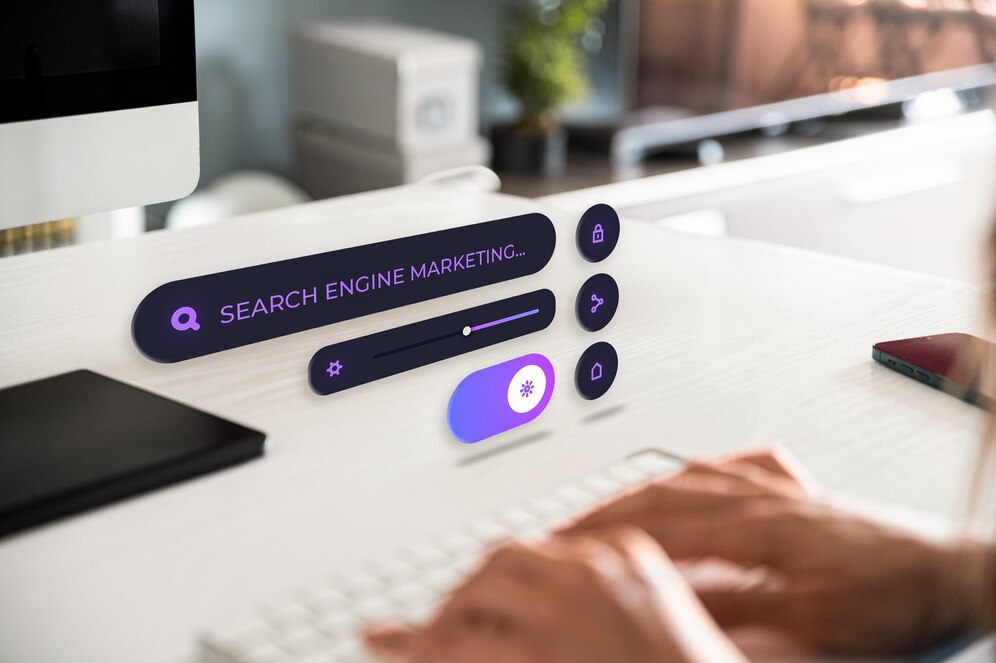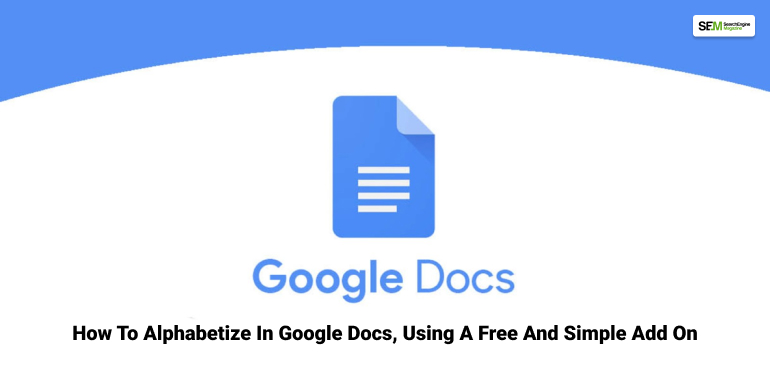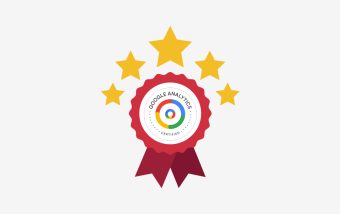How To Know If Someone Blocked You On iMessage? 5 Secret Hacks!
Apr 16, 2025

Apr 16, 2025

Apr 16, 2025

Apr 15, 2025

Apr 11, 2025

Apr 11, 2025

Apr 11, 2025

Apr 08, 2025

Mar 29, 2025
Sorry, but nothing matched your search "". Please try again with some different keywords.


If you are a small business just starting out on your venture, one of the first things you will need to do is establish a strong online presence. With changing consumer behaviors and increasing use of smart devices, online shopping has become a daily part of our lives.
And when it comes to increasing online visibility, Google is at the top of the list. With over 3.5 billion searches per day, Google is the go-to destination for people looking for products, services, and information.
Therefore, ensuring that your small business is visible on Google can significantly impact your brand awareness, customer acquisition, and, ultimately, your business revenue.

Below in this article, we are going to provide you with some useful and actionable tips you can improve your business’s visibility on Google.
Local SEO is all about improving your visibility in location-based searches. This is important for small businesses that are serving a specific geographical area. To optimize your web pages for local search, the first thing you will need to do is conduct keyword research to identify terms relevant to your locality and industry.
After this, you will need to include these keywords naturally into your website content, meta tags, and headings. This will help improve the on-page SEO of your website.
Additionally, focus on building citations of your business across local online directories, local business listings, and review sites. This will tell Google that your business operates in a particular vicinity and is a reliable source of information and services for people in that area.
Google Business Profile (GBP) is your business’s digital storefront on Google. This is the first thing people will see in search engines when they search for your business. That’s why it is important to optimize it thoroughly to make a strong first impression on potential customers.
In addition to basic information like your business name, address, and phone number, take advantage of all available features. This includes adding high-quality photos of your business, selecting relevant categories and sub-categories, and providing detailed descriptions of your products or services.
If you want to see how your GBP profile is performing in Google’s search engine, you can run a Google Business Profile Audit using a specialized tool. This tool will let you see what aspects you are performing well and which aspects need further improvement. By following its recommendations, you can improve your GBP profile and make it perform better.
Content is the most important component of any successful digital marketing strategy. Creating high-quality, relevant content not only engages your audience but also tells search engines that your website is authoritative and valuable.
When developing content, consider your target audience’s pain points, interests, and search intent. Provide solutions, answer common questions, and share your expertise to establish credibility and trust. Regularly publish blog posts, articles, videos, and other forms of content that follow the intent of your audience and address trending topics in your industry.

Making your website mobile-friendly is no longer an option – it has become a necessity in today’s mobile-first world. With more users accessing the internet through smartphones and tablets, ensuring that your website is mobile-friendly is important for both user experience and search engine visibility.
To make your website mobile-friendly, you will need to implement a responsive web design that adapts easily to different screen sizes and devices. Moreover, optimize your site’s loading speed by compressing images, reducing server response times, and minimizing JavaScript and CSS elements.
After doing these things, you can test your website across various devices and use tools like Google’s Mobile-Friendly Test to identify and address any issues.
Website loading speed is the first factor that can affect user experience and search engine rankings. A slow-loading website not only frustrates visitors but also increases bounce rates and reduces conversions.
Within the first couple of seconds of landing on your website, users decide whether to leave or stay. To improve your website’s loading speed and make it stay, start by optimizing images by compressing them without compromising quality.
Also, consider using a CDN to distribute your website’s assets across multiple servers worldwide, which will further reduce latency for users in different areas of the world.
Backlinks are links from external websites that point to your website. Building a diverse and high-quality backlink profile is important for improving your website’s authority, credibility, and search engine rankings.
However, you must keep in mind that not all backlinks are created equal—quality matters more than quantity. Focus on getting backlinks from authoritative and relevant websites within your industry or niche as compared to more links from generic and low-quality websites.
Some strategies you can employ for building high-quality backlinks include creating compelling content that naturally attracts links, guest blogging on reputable websites, and reaching out to influencers and thought leaders for collaboration opportunities.

Social media platforms offer a valuable opportunity to connect with your audience, build brand awareness, and drive traffic to your website. While social media platforms do not directly impact your search engine visibility and rankings, they can help you build an audience base and present your business as an authority source.
By maintaining an active presence on popular social networks, you can engage with your audience, share valuable content, and participate in relevant conversations. To do this, you will need to first identify your target audience and the social platforms they use frequently.
Read Also:
Mashum Mollah is the feature writer of SEM and an SEO Analyst at iDream Agency. Over the last 3 years, He has successfully developed and implemented online marketing, SEO, and conversion campaigns for 50+ businesses of all sizes. He is the co-founder of SMM.
View all Posts
How To Know If Someone Blocked You On iMessag...
Apr 16, 2025
7 Website Design Mistakes That Are Hurting Yo...
Apr 16, 2025
Programmable Dynamic SEO for Location-Based P...
Apr 15, 2025
Google Boba Game: How To Play This Fun Game B...
Apr 11, 2025
Which Is The Best Video Search Engine Of 2025...
Apr 11, 2025

